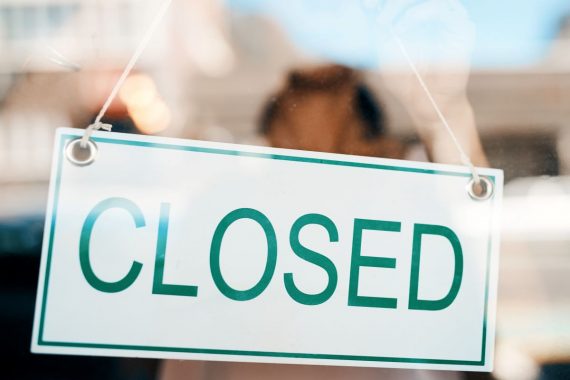GP practices need patient safety alerts, says RCGP

The RCGP is calling for a patient safety alert system to be introduced in general practice, with practices supported with overflow hubs and additional locums.
RCGP chair Professor Kamila Hawthorne said she wants to see a system introduced in every ICS, ‘modelled on the OPEL Framework’ already used by hospitals.
‘Overflow hubs’ could be set up to support practices in distress at peak times and allow for additional funding for locum cover to temporarily increase a practice’s workforce, the RCGP said.
NHS England is working towards incorporating general practice in the OPEL system pressures framework over the next year, as Pulse revealed exclusively in July.
In the meantime, LMCs have been leading the development of the General Practice Alert State (GPAS) with the aim of escalating ‘black status’ reports to NHS leaders.
This would be equivalent to OPEL level 4 in hospitals – a situation when pressure means organisations are unable to deliver comprehensive care and patient safety may be compromised.
Professor Hawthorne said: ‘The OPEL system has been operating effectively in hospitals for many years and it’s time that general practice had our own equivalent.
‘It will enable practices to sound the alarm and call for help before the care of patients is compromised.
‘This would go a long way to reassure GP teams and their patients. However, the long-term solution lies in much greater investment – both funding and additional workforce – in general practice to compensate for years of neglect.’
The RCGP also said that thanks to a similar system GP surgeries would be able to temporarily suspend some non-priority activities during periods of excessive workload, enabling the surgery to ‘reprioritise routine and non-urgent activity and ensure patient safety is prioritised’.
This power would ‘mirror the flexibility granted by the Government to GPs during the Covid pandemic’, and allow ICSs to work with practices to determine which activities can be temporarily and safely suspended, the RCGP said.
The call comes as the latest survey of its GP members – receiving 1,539 responses – revealed that nearly half of GPs (46%) said they did not have enough time in their appointments to ensure patient safety.
Professor Hawthorne added: ‘Our number one priority is the safety of our patients, but GPs are doing more and more to try and meet the rising demand for our services.
‘When you’re fatigued, you’re more likely to make mistakes and our survey shows that many GPs are no longer able to guarantee that the care they are providing to their patients is as safe as it could be.
‘We need urgent measures to minimise the potential for any mistakes and that’s why we’re calling for a safety alert system for general practice to protect patients and the hardworking and dedicated GPs and their teams who are caring for them.’
Throughout the summer, 40 LMCs led by Devon LMC collected GPAS data from their practices and 20 more are rolling out the system, with the first national report published at the beginning of July.
Devon LMC sends out a weekly national map showing pressures reported using GPAS, with the latest showing most areas at an OPEL level 2 or 3.
In March, GPs in areas where GPAS has been implemented have told Pulse it does not seem to work as expected, with no changes being implemented as a result of declaring a ‘black alert’ and some practices being reluctant to report they are struggling because of a lack of support.
Pulse October survey
Take our July 2025 survey to potentially win £1.000 worth of tokens

Related Articles
READERS' COMMENTS [1]
Please note, only GPs are permitted to add comments to articles











The hospital is on black alert -can all GP practices reduce admissions, use uncontracted admissions avoidance services, take on extra work to help early discharges and generally help out? – People generally try their best and some of that work related to discharges is forced on to GPs.
Can you image the hospital’s response if they were told a GP practice is facing a black alert, can you:
– send patients from that practice home with 4 weeks of medication instead of 2
– make sure all sick notes are done in clinic
– allow patients to contact the hospital directly about follow ups or queries instead of going through the GP
– see a number of primary care patients in hospital to help out
– keep patients in hospital. until 100% better (instead of kicking them out as early as possible)
– accept referrals without any of the pre-referral workup
They would just laugh at you for suggesting it!